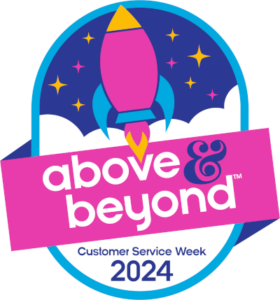In business, there’s an assumption that happy customers will automatically return. While, there’s a strong relationship between a happy or satisfied customer and repeat purchases i.e. when customers have a positive experience, they’re more likely to trust the brand, which encourages them to buy again, they tend to share their good experiences – bringing in more referrals. Customer satisfaction is crucial no doubt however, the link between satisfaction and repeat purchases is more intricate than often perceived.
Satisfied customers may feel their immediate needs are met, leading to a delay in their return until a similar need arises. This pattern is notable in industries with infrequent purchases like home goods or major electronics, where cyclical consumer behaviors shape repeat visit patterns.
External factors, such as a plethora of choices in today’s market, can sway customer retention. E-commerce enables easy exploration of alternatives offering better prices or features, diluting brand loyalty post-satisfaction.
Consistent quality expectations set a high bar for returning customers. Failure to meet this standard in subsequent interactions can disappoint, prompting customers to seek other providers. Satisfaction does not guarantee return; businesses must engage customers continuously to nurture loyalty.
Overall, while happy customers are vital, their return is not assured. Understanding consumer behavior, market competition, and maintaining quality are critical. Emphasizing ongoing engagement and value creation is key to converting one-time buyers into loyal advocates.



